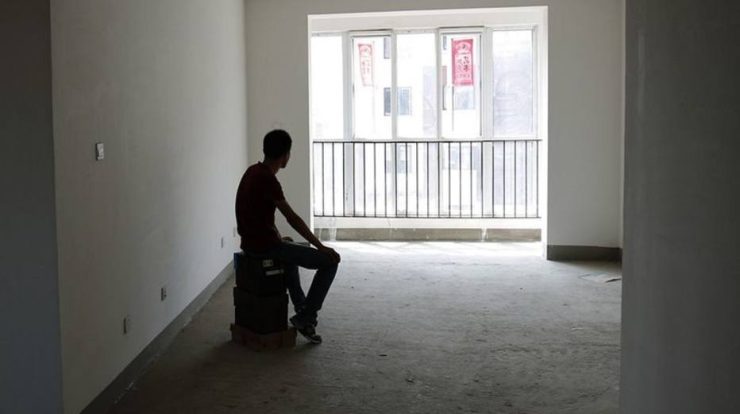
Rio – The increase in the number of lonely people has drawn attention the doctors and authorities in different parts of the world. In Brazil, the number of houses in this case increased 43% in ten years. The growing trend of people living alone is causing governments abroad to devise strategies to improve this social problem.
In 2018, the UK created a government strategy to combat loneliness, facing the identification of 9 million Britons living alone and 1.2 million elderly permanently lonely – in isolation exacerbated by the coronavirus crisis. The fact that the proportion of the population not sharing a home is significant among the elderly also raises concern about the health and psychological assistance requirements of the most vulnerable population.
Among the measures of the British plan, there are campaigns and funding of 4 million pounds (about 26.2 million Brazilian reals) for organizations that propose activities that connect people. Japan also adopted a similar measure to the United Kingdom in 2021. With the number of suicides on the rise, the Asian country has created a ministry to address the problems of isolation and its effects on mental health.
In a 2012 book, American sociologist Eric Klinenberg, of New York University, highlights that the four countries with the highest proportion of single families are the Nordic countries: Sweden, Norway, Finland and Denmark. In these countries, the proportion of one-person households ranges from 40% to 45% of the total, according to the author.
According to Klinenberg’s book, in addition to its prevalence in developed countries with different cultural traditions, this phenomenon also occurs in emerging countries. The work cites China, India, and Brazil as the countries where this behavior is growing most rapidly. Therefore, the sociologist defines the growth in the number of people living alone as a “transformative social experience” around the world, which “changes the way we understand ourselves and our most intimate relationships,” as well as the building of cities and habits of life. Consumption. For Klinenberg, although we need to be aware of the effects of loneliness on mental health, living alone is not synonymous with a life of loneliness.
Although the enrichment of people as economic development progresses is a condition for the growth and spread of this phenomenon throughout the world—hence the advanced economies come to the fore in the process—Klinenberg’s book goes further in its list of explanations. The sociologist highlights the historical cultural change that the French thinker Émile Durkheim, founder of sociology, called “the cult of the individual.” According to Durkheim, as the American says, this cultural change occurs from the transition from traditional rural societies to modern industrial cities.
Klinenberg cites four social changes in the second half of the twentieth century that allowed the deepening of the “cult of the individual”: the increase in the status of women, the technological revolution in communications, mass urbanization and the growth of longevity. All of these factors continued to advance at the beginning of the twenty-first century.

“Friendly zombie guru. Avid pop culture scholar. Freelance travel geek. Wannabe troublemaker. Coffee specialist.”






